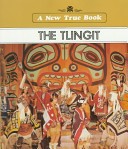
Describes the traditional lifestyle, arts and crafts, changing land, and modern life of the Tlingit Indians.

Describes the traditional lifestyle, arts and crafts, changing land, and modern life of the Tlingit Indians.

According to Canadian Indian legend, when an old man’s sight was restored by a Loon he gave the bird his precious shell necklace as a reward. That is why the loon has a white collar and speckles on its back. Elizabeth Cleaver’s rich and beautiful style of picture-making gives new visual excitement to the splendors of the British Columbia landscape, and to the magic of this Indian legend.
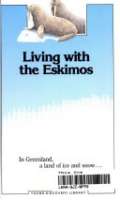
Describes the homes, food, clothing, and everyday life of an Eskimo community in Greenland and includes information on animals that live in arctic regions.

A ten-year-old Eskimo (Inupiat) boy who lives far north of the Arctic Circle describes his family’s annual spring trip to their camp, where they hunt and fish for food to supplement their diet for the rest of the year and enjoy old traditions.
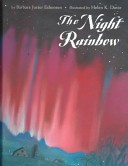
A poem based on ancient legends about the northern lights from people who associated the fiery illuminations with animals, ghosts, dancers, and raging battles.
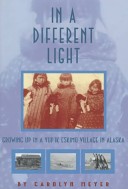
A study of the contemporary Yupik culture in an Alaskan village as seen through the eyes of a typical family.

A young Inuit vows revenge when a wolf kills his dog.
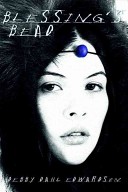
Nutaaq and her older sister, Aaluk, are on a great journey, sailing from a small island off the coast of Alaska to the annual trade fair. There, a handsome young Siberian wearing a string of cobalt blue beads watches Aaluk “the way a wolf watches a caribou, never resting.” Soon his actions—and other events more horrible than Nutaaq could ever imagine—threaten to shatter her I~nupiaq world. Seventy years later, Nutaaq’s greatgranddaughter, Blessing, is on her own journey, running from the wreckage of her life in Anchorage to live in a remote Arctic village with a grandmother she barely remembers. In her new home, unfriendly girls whisper in a language she can’t understand, and Blessing feels like an outsider among her own people. Until she finds a cobalt blue bead—Nutaaq’s bead—in her grandmother’s sewing tin. The events this discovery triggers reveal the power of family and heritage to heal, despite seemingly insurmountable odds. Two distinct teenage voices pull readers into the native world of northern Alaska in this beautifully crafted and compelling debut novel.
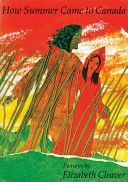
When the giant Winter came down from the North to live in eastern Canada the land became frozen and white. Glooskap, mythical lord and creator of the Micmac Indians, saves his people from endless cold when he brings a beautiful Queen to his country. Her name is Summer and she persuades Winter to relax his icy grip every Spring while she awakens the land from its deep sleep and bestows life on everything that grows.
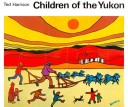
Brilliant, colorful paintings depict children of the Yukon at work and play: snaring rabbits, feeding ravens, racing on snowshoes and hunting moose, panning for gold in famous Bonanza Creek, and exploring the ruins of Dawson City.